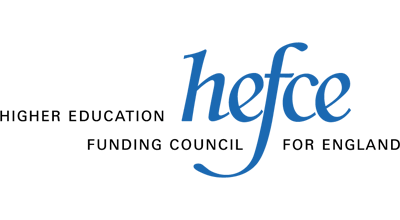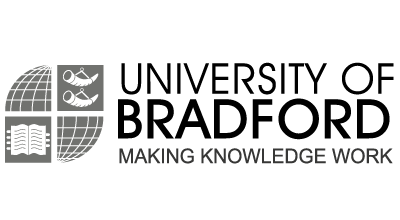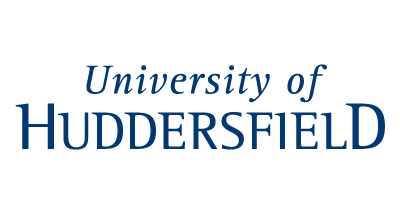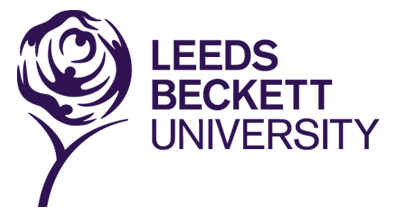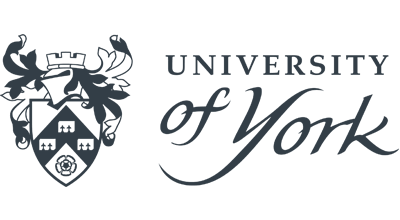Date published: 21/05/18
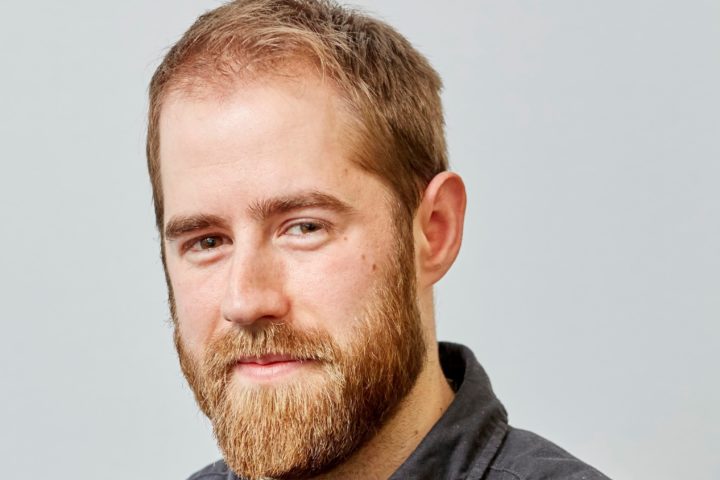
A new lens for research: my secondment at Arthritis Research UK
- Name: Dr Robert J. Cooper
- Current Organisation: University of Leeds
- Current Position: Post-doctoral Research Fellow
- Secondment organisation: Arthritis Research UK
My name is Dr Robert J. Cooper and I am a Post-Doctoral Researcher working in the field of Computational Biomechanics at the University of Leeds. I decided to apply for a secondment with Arthritis Research UK in Chesterfield through the Translate:Me Programme to widen my understanding of the motivations and values of charitable medical research funders.
Exploring the world of research funding
During my PhD I worked on computational modelling of hip impingement, and my current EPSRC funded research position focuses on the development of specimen-specific finite element models of natural knee joints. In this role I am leading the development of computational models for the knee and working in parallel with colleagues conducting experimental tests. This will enable the direct validation of computational models to gain insight into the circumstances that can lead to higher risk of osteoarthritis. However, progress in successfully translating the findings and tools of computational modelling research into patient care is challenging, and undertaking a secondment provides an excellent opportunity to understand how research insights can be more effectively translated into solutions for patients.
Arthritis Research UK aims to improve the quality of life of people with arthritis, and ultimately to achieve a future free from arthritis. To this end, the charity invests in scientific research and provides vital support for everyone affected by the condition. In addition to expanding my networks, I hope that by working on this secondment I will increase my knowledge and experience of research evaluation, engagement and translation. I am interested in the processes of evaluating research funding proposals, encouraging involvement and understanding for patients and partners, and ensuring that outputs and successes are translated and communicated effectively. This will help drive my own research to ensure the significant time and work involved in computational model generation and validation can be used to greater effect for patient benefit.
The challenges of research from different perspectives
My work as a postdoctoral researcher is varied; I spend a lot of time working on scripting for computational model development and for analysing results, but also spend time reading papers and drafting my own work into publications. Although I am primarily focused on my current project on the knee, I am also involved in several collaborations with other researchers and in the supervision of students.
Working at Arthritis Research UK, I have an even greater aspect of variation since it is important to consider the bigger picture of the charity’s goals whilst also being familiar with several specific projects. I am working mainly with the Research Liaison team, and they hold regular meetings with the wider charity and Programme Grant Managers, which are crucial for ensuring that research funded by the charity is effectively communicated, both externally and internally to the other teams such as fundraising and communications. Being invited to attend these meetings has also highlighted the importance of keeping in close contact with researchers funded by the charity, ensuring that key outcomes from grants are reported on. I have become familiar with the grant tracking system and ensuring that internal briefings provide up to date information on cu rrent projects falling under the charity’s various different research themes.
I have also had the opportunity to write lay summaries of funded research proposals for the charity’s public website, as well as summarise annual reports from funded research centres.
Working at the charity has also illuminated the benefits and opportunities associated with engaging patients in research as patient insight partners. This practice helps to disseminate the benefits of research to the communities it helps, and at the same time helps to ensure that proposals with the greatest clinical relevance are able to find funding.
My role as a researcher will certainly benefit as a result of this secondment, as I have already been able to view the challenges of research from different perspectives. I am now looking forward to working with more of the Arthritis Research UK team in the exciting period as they merge with Arthritis Care.
The highlights of my secondment
I thoroughly enjoyed my time working with the Research Liaison team at Arthritis Research UK. I was able to learn about several interesting areas of research related to arthritis and rheumatic diseases, improve my writing skills by transforming scientific reports into summaries for non-specialist audiences, and acquire new knowledge of research funding processes.
It was a pleasure to meet people working across the charity. For example, I learned about the fantastic work of the helpline team, who provide support and information to people contacting the charity for advice. I was also given the chance to prepare written replies to public queries requesting information about the latest research on certain conditions. Although my placement was based in the charity’s Chesterfield office, I also had the opportunity to visit their London office, where I met with colleagues from the Research Involvement and Communications teams.
Another particular highlight of my secondment was attending a subcommittee funding meeting, during which decisions are made on awarding funds for research projects. This is done with input from members of the charity, academic leaders, and patient insight partners. The presence of patient insight partners helps to ensure that the projects chosen for funding are of high clinical relevance and have potential to make real differences to people’s quality of life, in addition to having strong scientific merit. Attending this meeting allowed me to understand the types of discussion and processes that are necessary to decide which grants should be awarded funding.
Overall, I would definitely recommend the Translate: Me secondment scheme to anyone who is interested in experiencing work in a different environment, gaining new skills and developing new insights. I would like to say thank you to everyone at Arthritis Research UK and the Translate: Me team, as well as to Prof Ruth Wilcox and Dr Alison Jones for supporting me in taking the time to work on this secondment.


